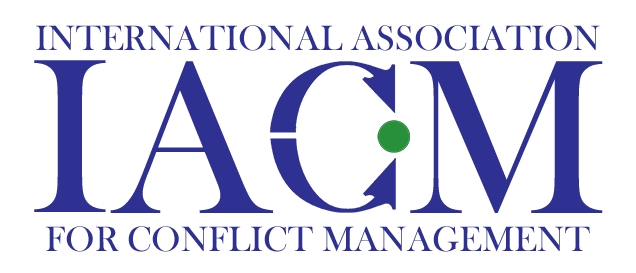IACM 2019 Abstract Book »
What Does it Take to Live in Peace? Modeling and Measuring Sustainable Peace for Research and Policy
The United Nations has struggled to reorganize its peacebuilding architecture around the goal of sustaining peace. Scientific research should play a crucial role in this process, but our understanding of sustainably peaceful societies is limited by the fact that most research emphasizes peacebuilding and peacekeeping in the context of conflict. In response, the Sustaining Peace Project was launched at the Earth Institute as a multi-disciplinary, science-practice-policy initiative focused on providing an evidence-based understanding of how peace can be sustained in societies for generations. Moving away from assumptions of linear causality, this project has used insights from complexity science to explore the dynamic and idiosyncratic ways factors interact to create sustainable peace in different societies around the globe. In this symposium, scholars from disciplines ranging from anthropology to mathematics will present the diverse methodology, growing evidence base, outputs and preliminary implications of this research for policymakers, researchers, and practitioners.
